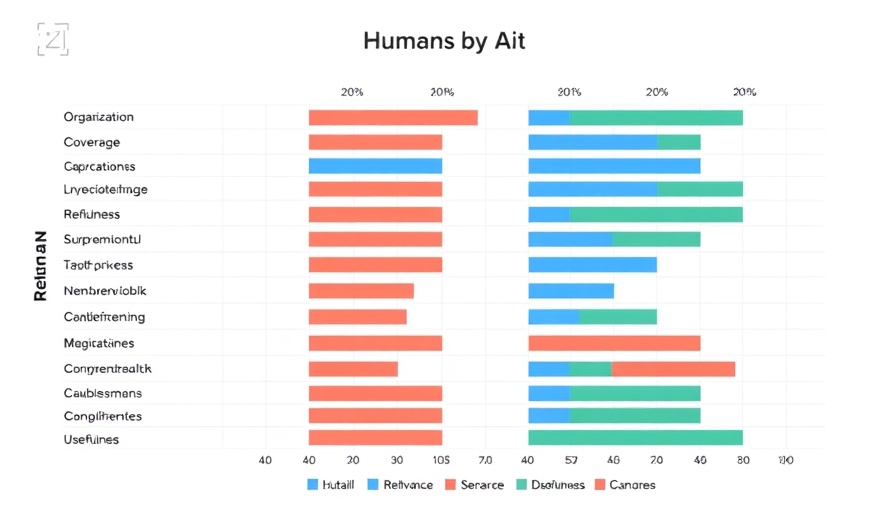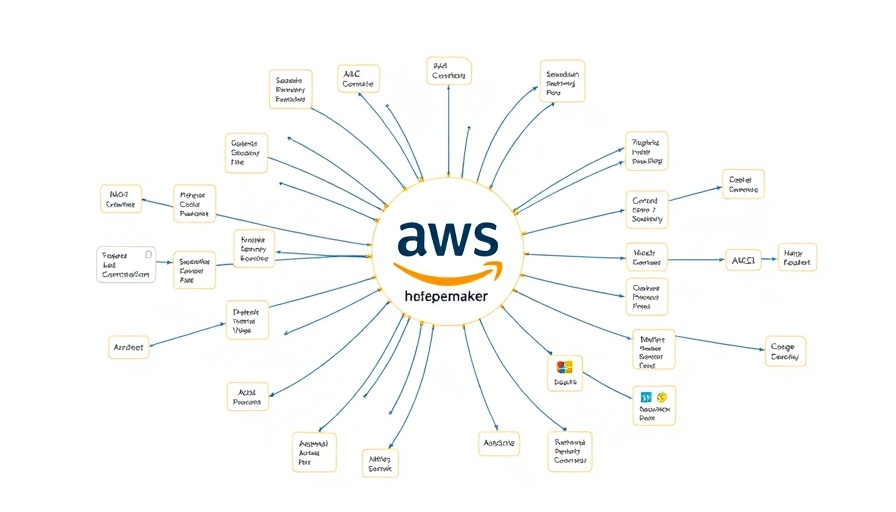
OpenScholar's Groundbreaking Approach to Scientific Research
Amid the overwhelming volume of academic literature, OpenScholar emerges as an innovative AI solution, promising to transform how researchers digest and leverage scientific papers. Developed by the Allen Institute for AI and the University of Washington, OpenScholar not only retrieves but also synthesizes information from over 45 million open-access academic papers to provide citation-backed answers to complex queries. This unique approach directly challenges the dominance of proprietary AI systems like OpenAI's GPT-4o, setting a new standard for accuracy and reliability in AI research tools.
The Winning Formula: Retrieval-Augmented Language Model
OpenScholar's edge lies in its retrieval-augmented language model, which actively searches databases to gather relevant information rather than relying solely on pre-trained data. In tests involving the ScholarQABench benchmark, it demonstrated remarkable proficiency in delivering accurate and factual responses, outperforming larger proprietary models. It notably avoided the pitfall of 'hallucinations,' a common issue where AI inadvertently fabricates citations, which GPT-4o suffers from in over 90% of biomedical cases.
Why Open Source Matters in AI Development
OpenScholar's open-source nature not only democratizes access to advanced AI tools but also fosters transparency and collaboration across scientific communities. Unlike the expensive and exclusive GPT-4o, OpenScholar offers a free alternative, broadening opportunities for researchers worldwide. This strategy positions OpenScholar as a disruptive force in the current landscape dominated by proprietary systems, offering a scalable and equitable model for AI-driven scientific inquiry.
Future Trends in AI for Research
The open-source model epitomized by OpenScholar could pave the way for a new era in research technology, where accessibility and adaptability reign. As scientific inquiry increasingly relies on AI, the trend toward open-source solutions is likely to gain momentum, encouraging innovation and inclusivity in areas where traditional models fall short. Leaders in research and industry should prepare for this shift by embracing open-source technologies, ensuring they remain at the forefront of innovation.
Valuable Insights: Executives and decision-makers can stay ahead by integrating OpenScholar's open-source AI into research strategies, ensuring reliable, cost-effective access to accurate and comprehensive scientific data.
Learn More: Discover how OpenScholar is transforming the research landscape and challenging proprietary AI systems by reading the full article.
Source: Original article available at VentureBeat: https://venturebeat.com/ai/openscholar-the-open-source-a-i-thats-outperforming-gpt-4o-in-scientific-research/
 Add Row
Add Row  Add
Add 




Write A Comment